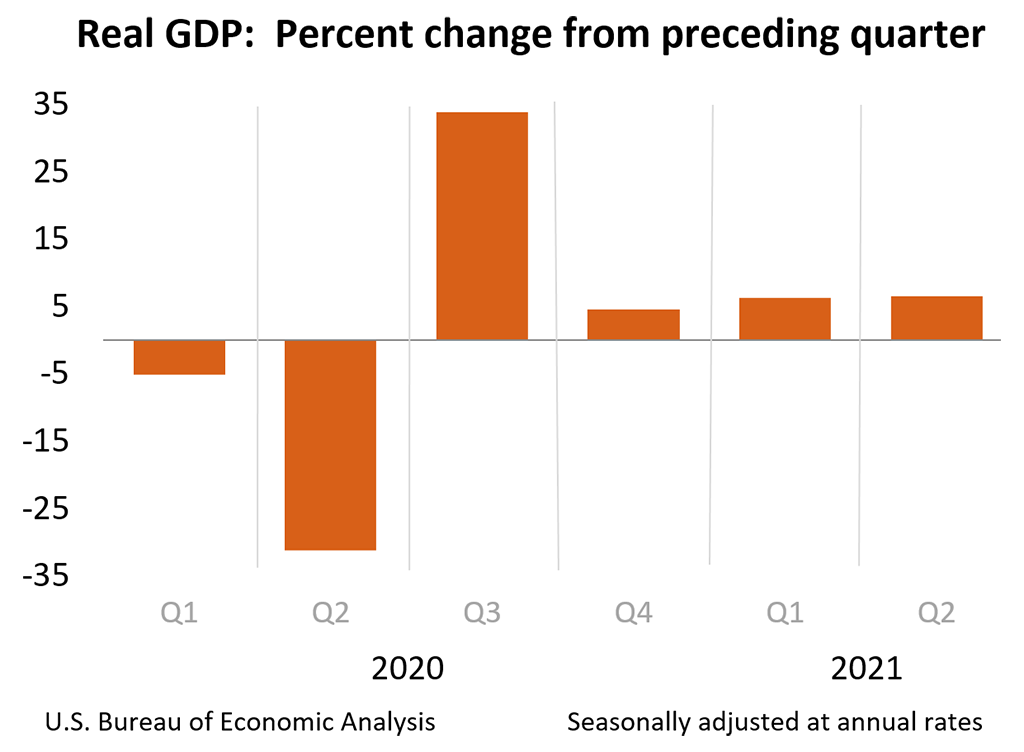The jobs numbers are continuing to improve. Employment increases in leisure and hospitality, in local government education, and in professional and business services take center stage. It takes a minute to read the descriptions of what each of the terms mean. Education is likely to be a bigger discussion going forward after the rehiring of teachers and training them. Likely there won't be the same campus levels so there will need to be a transition of some teachers to more online education and that in turn would put pressure on online education become more established as an institutional system.
Its also possible to think about the increase in transportation and warehousing. I'm not 100% sure I understand all the parts but perhaps we might see some increase in consumer spending in the next few months. Economics can be so fickle depending on so many different factors. I try and break them out but its a large field of study (..actually human behavior. I failed a Harvard Class in Economics so listen at your own risk. 😮).
"Total nonfarm payroll employment rose by 943,000 in July, and the unemployment rate declined by 0.5 percentage point to 5.4 percent, the U.S. Bureau of Labor Statistics reported today. Notable job gains occurred in leisure and hospitality, in local government education, and in professional and business services. "
"In July, employment in leisure and hospitality increased by 380,000. Two-thirds of the job gain was in
food services and drinking places (+253,000). Employment also continued to increase in
accommodation (+74,000) and in arts, entertainment, and recreation (+53,000). Despite recent growth,
employment in leisure and hospitality is down by 1.7 million, or 10.3 percent, from its level in February
2020."
"Transportation and warehousing added 50,000 jobs in July. Job growth occurred in transit and ground
passenger transportation (+19,000), warehousing and storage (+11,000), and couriers and messengers
(+8,000). Employment in transportation and warehousing has grown by 534,000 since April 2020; the
industry has recovered 92.9 percent of the jobs lost during the February-April 2020 recession
(-575,000)."
(added note......If were adding jobs I think Delta County would be a great place for a shipping hub with its port. Alternatively it could be used for ship building and movement of specialized products. See Delta County Shipping and DC Small Man. and Shipping)
"Employment in professional and business services rose by 60,000 in July. Within the industry,
employment in the professional and technical services component rose by 43,000 over the month and is
121,000 above its February 2020 level. (Professional and technical services includes industries such as
accounting and bookkeeping services, management and technical consulting services, and scientific
research and development services.) By contrast, employment in the administrative and waste services
component (which includes temporary help services) changed little over the month (+20,000) and is
577,000 lower than in February 2020. Employment in the management of companies and enterprises
component was also little changed over the month (-3,000) but is 100,000 lower than the level in
-4-
February 2020. Employment in professional and business services overall is down by 556,000 since
February 2020. "
July 2021 Employment US Economy by Dr. Murad Abel on Scribd





